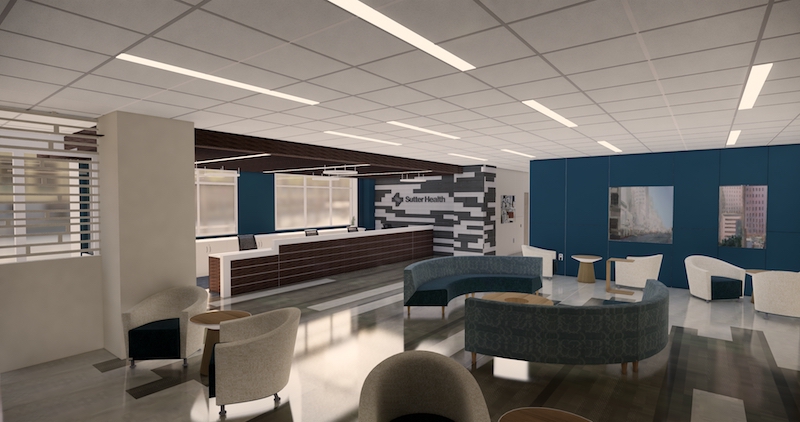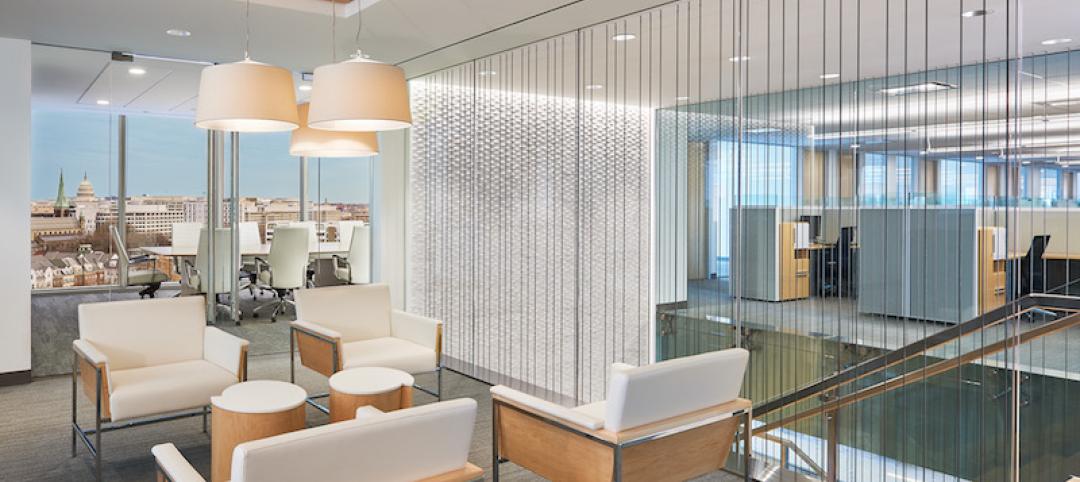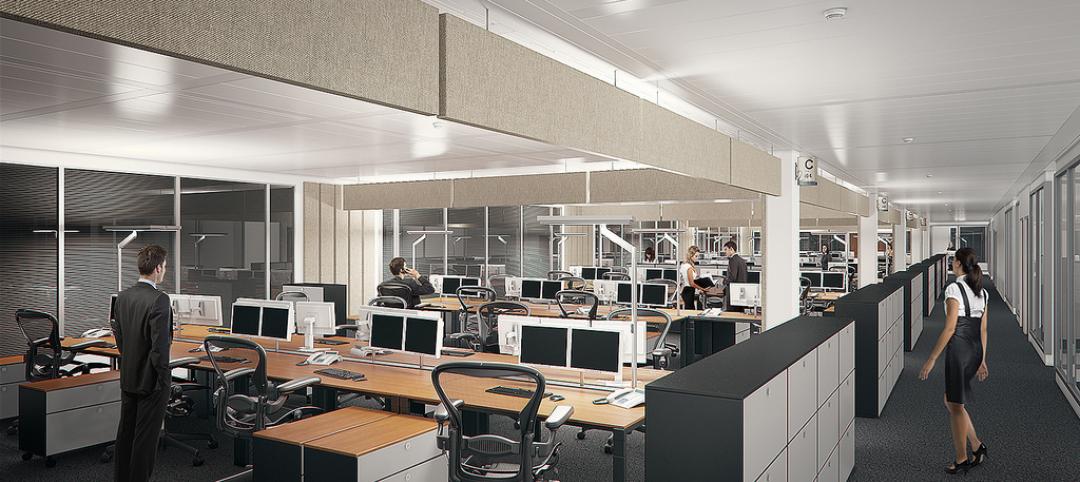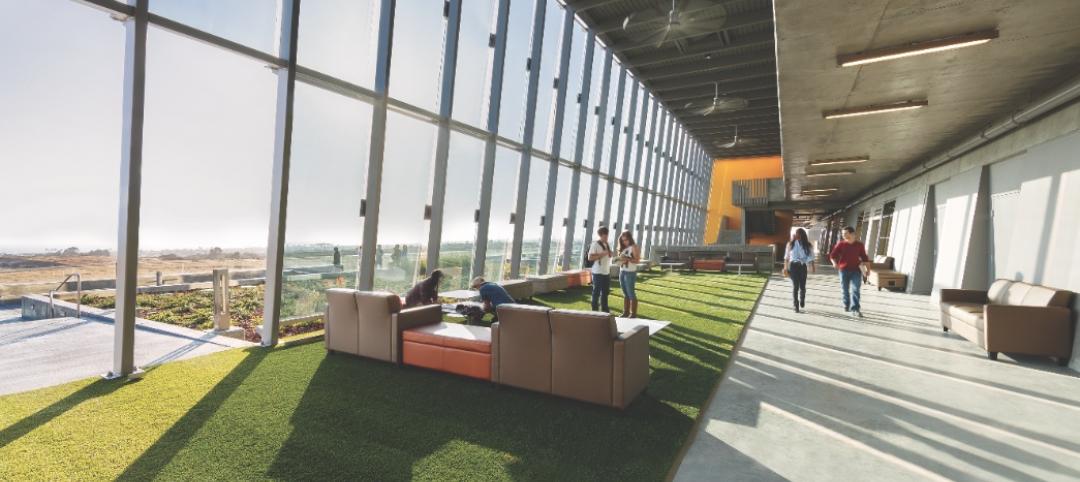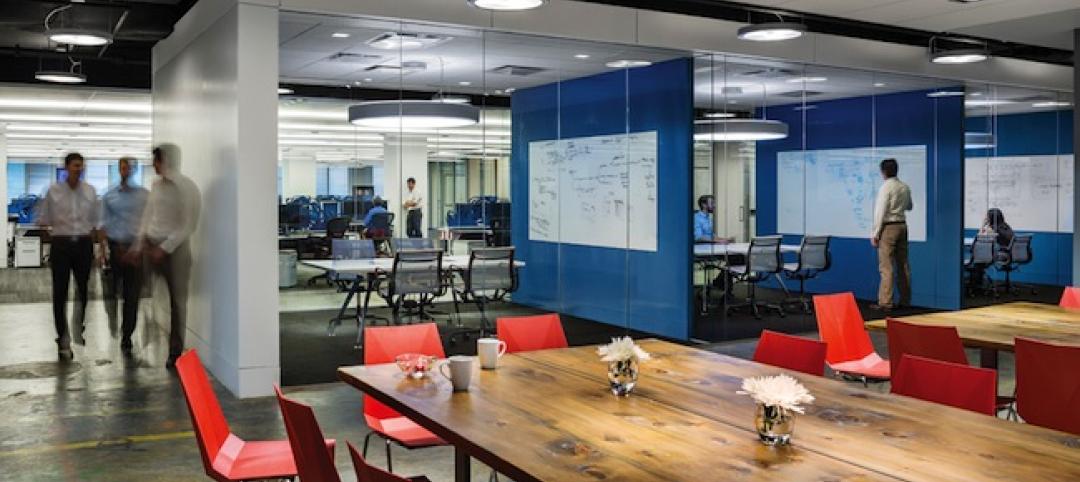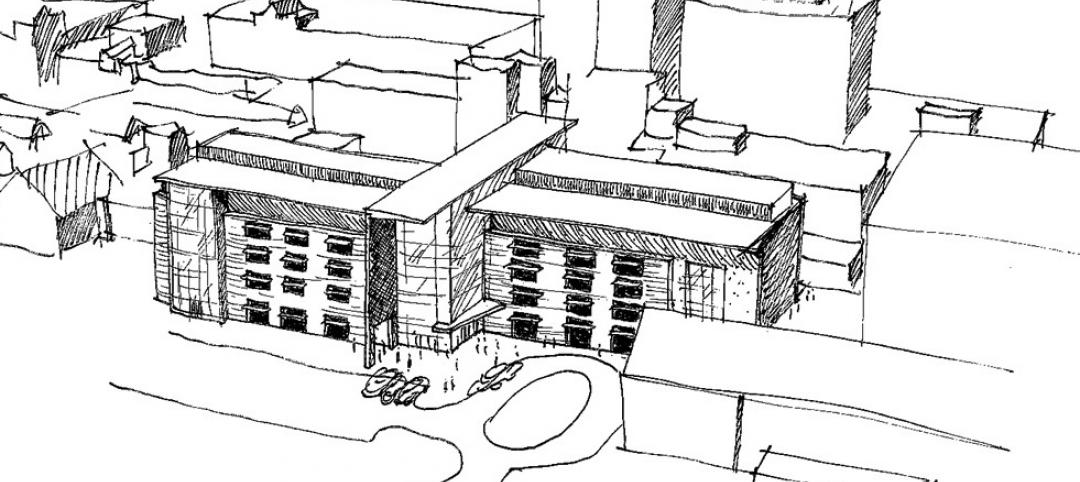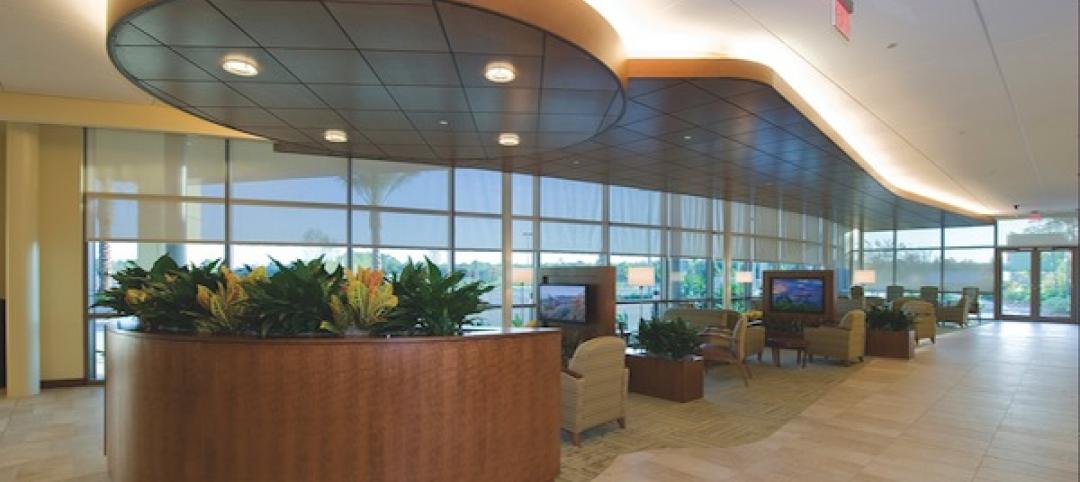For many nonresidential projects, decisions about what furniture to include are often the last things AEC firms and their clients think about.
Its traditional place on a project’s pecking order is what prompted One Workplace, the largest office furniture dealer in the San Francisco Bay Area, to spin off Vantis, an interior commercial facilities construction firm that specializes in producing custom interior products offsite.
“This is a resetting of the value proposition” of the company within the construction market, says Ryan Ware, One Workplace’s Vice President of Construction and Co-founder of Vantis. The spinoff, he continues, “will allow us to present Vantis primarily as a services company. What we’re focused on is becoming an asset to architects and contractors.”
This kind of vertical integration makes sense, says Ware, in a Northern California market where $6 billion in spent annually on tenant improvement. Santa Clara, Calif.-based One Workplace, with annual revenue of $400 million, has long provided space planning, design, and construction services. Vantis will complement those services as a niche business, says Mark Baker, One Workplace’s COO.

Vantis is shooting to triple its business in three years. Image: Vantis
Ware adds that Vantis is specifically dedicated to serving GCs and end users “who can benefit from a one-stop shop for interior construction.”
Vantis is not your typical startup, scrambling for new clients. One Workplace has assigned $33 million of its business to Vantis, whose 27-person team will support those customers’ architectural, design, construction, and account services needs. The sectors it currently focuses on are healthcare (One Workplace’s clients include Sutter Health and Kaiser Permanente), office (notably for tech companies), educational (Stanford and UC San Francisco are clients) and other “high density” facilities, although Ware thinks the spinoff will also allow the company to explore new territories.
Ware sees Vantis as a “design integrator” that is involved early in the process of tenant improvement. One Workplace is a local partner with DIRTT, the furniture and office design provider, and Vantis will send its clients’ design specifications to DIRTT’s factories for production.
“In the old days, offsite construction meant prefab construction,” observes Ware. “With today’s technology and manufacturing process, materials are fabricated on a custom basis. It’s one size fits one—the end user—versus one size fits all.”
The buildouts that Vantis designs and produces incorporate technology and electrical into walls, dividers, and other components, and will provide occupants with the flexibility they require to change fits and finishes and to reconfigure spaces as needed. “We engineer value upfront, rather than value-engineer on the back end,” says Ware
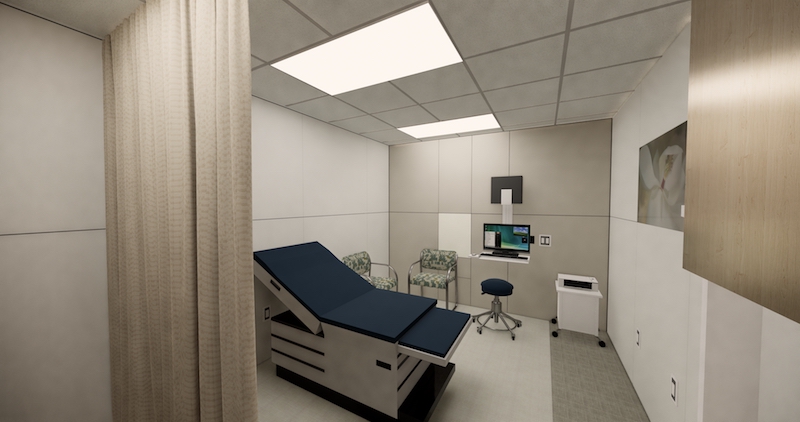
Healthcare is one of the sectors that Vantis is targeting for its design and construction services. Image: Vantis
Vantis is shooting to increase its annual business to $60 million in its first year of operations, and to $100 million within three years. One of Vantis’ immediate objectives, says Ware, is to forge partnerships with other offsite manufacturers/fabricators, and to find other subcontractors (particularly in the structural and electrical arenas) that favor offsite fabrication.
“We want to become a leader at bringing these partners into projects,” he says. Northern California is the company’s primary target, although Ware foresees eventual growth beyond those boundaries.
Related Stories
Office Buildings | Feb 8, 2018
The American Psychiatric Association moves into The Wharf
The new office occupies 3 floors at 800 Main Avenue SW.
Architects | Sep 30, 2016
HOK partners with Delos to accredit its designers as wellness professionals
They are also working on the first WELL-certified city district, in Tampa, Fla.
Interior Architecture | Oct 30, 2015
New study supports connection between worker cognition and indoor air quality
The study found that, on average, participants’ cognitive scores were 101% higher when the air ventilation was highest, compared to the air quality during “conventional” building days.
Architects | Feb 9, 2015
The generalist architect vs. the specialist architect
The corporate world today quite often insists on hiring specialists, but the generalists have an intrinsic quality to adapt to new horizons or even cultural shifts in the market, writes SRG Partnership's Gary Harris.
| Dec 28, 2014
AIA course: Enhancing interior comfort while improving overall building efficacy
Providing more comfortable conditions to building occupants has become a top priority in today’s interior designs. This course is worth 1.0 AIA LU/HSW.
| Dec 28, 2014
Workplace design trends: Make way for the Millennials
Driven by changing work styles, mobile technology, and the growing presence of Millennials, today’s workplaces are changing, mostly for the better. We examine the top office design trends.
| Dec 28, 2014
10 essential habits of successful architects
Want to take the next step as a design processional? John Gresko, Senior Project Architect with HDR, explores the traits that many great architects possess.
| Dec 28, 2014
10 unglamorous things architects do
An acquaintance recently asked me about the kinds of things I did on a day-to-day basis at work, anticipating a response loaded with enviable activities. She was wrong, writes HDR's John Gresko.
| Dec 28, 2014
New trends in ceiling designs and materials [AIA course]
A broad array of new and improved ceiling products offers designers everything from superior acoustics and closed-loop, recycled content to eased integration with lighting systems, HVAC diffusers, fire sprinkler heads, and other overhead problems. This course describes how Building Teams are exploring ways to go beyond the treatment of ceilings as white, monolithic planes.
| Dec 10, 2014
Must see: Babina's latest illustrations cast famous architecture quotes as colorful road signs
Babina has adapted quotes from famous names such as Frank Lloyd Wright, Alvar Aalto, and Mies Van Der Rohe.


